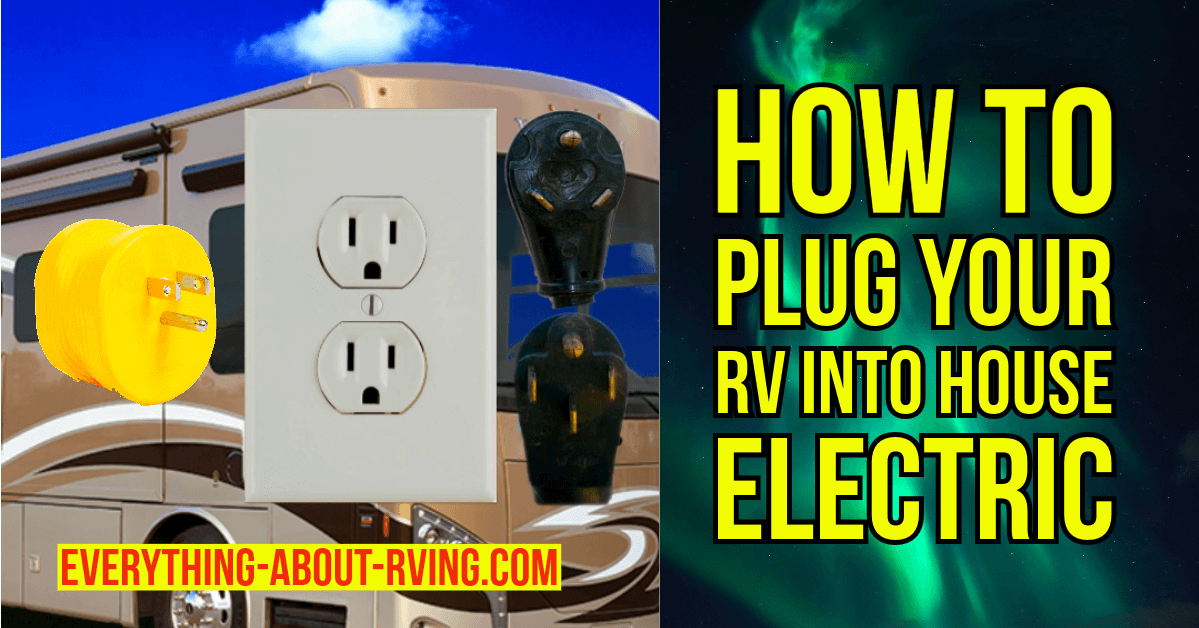- Home Page
- RVing Tips & Tricks
- Rv Battery Amp Hours
The RV Battery Amp Hours Your RV Needs For Boondocking
If you're wondering about the RV battery amp hours your RV needs for boondocking, you've come to the right place to find out
By John Emmons
The RV power system is an essential part of the interior setup of your vehicle. Everything electronic in your RV, from your roof vent fan to your Heating system to your refrigerator, is powered by it.
While some RV owners want to live in the countryside and use as little energy as possible, others cannot live without air conditioning, a refrigerator, a big TV, a microwave, or hot water. It's critical to know whether your RV battery is capable of handling that load. Also, how long can it keep these gadgets powered up before it runs out of power? It's a good idea to ask yourself how many amp-hours I need for my RV before planning any vacation.
How much battery capacity do you need?
When prepping your RV for vacation, ensure your battery bank is large enough to meet your needs. Getting the appropriate number usually necessitates some trial and error. You'll eventually figure out if your battery capacity is sufficient.
A commonly used RV battery has an amp-hour rating of roughly 80, which means it can produce one amp for 80 hours. In actuality, if you use a lead-acid battery (which you most likely have in your RV) more than 50% of its claimed capacity, you will drastically reduce the battery's life expectancy.
According to a user, he upgraded to two 6-volt golf cart batteries for a total of 210 Amp Hours when he went for a vacation. He had to enlarge the battery bank to 450 Ah of AGM batteries after realizing the constraints of having only 210 Ah and subsequently updating it to 400 Ah of lithium batteries. He only needed power connectors on rare occasions, and the present capacity of the RV proved to be adequate.
How to calculate how many amp-hours you need for your RV?
Almost everyone underestimates the quantity of electricity consumed while preparing alternative energy. Calculating RV amp-hour usage without using the generator when living near the sun might be a difficult task. Before you can begin to plan, you must first calculate the daily amp-hour totals of the electric energy you consume.
Firstly, you must calculate how many amps you use per day by multiplying amp usage by the number of hours used. As a result, you must calculate the wattage and voltage for each device and appliance. Know that watts are calculated by multiplying an appliance's working voltage by its amp consumption. As a result, watts/volts can be used to control amps.
Secondly, the amp draw of some appliances changes according to how they are used. A flat-screen TV, for example, provides for display brightness adjustments as well as volume control. The complete quantity of amps required by the TV or other device will be used to power it in the first place. Most of the packaging has all the necessary information, or you can, of course, search it up online.
Determine how much electricity each electrical equipment requires regularly. Because your goal is to determine the total amp-hour for your RV, you must conduct the calculations in amp-hours.
Step 1: Check the label of the appliances
Generate a checklist of all your appliances and record the rated voltage and current. There would be a few more numbers on the label and a plethora of quality markers, but ignore them all.
Step 2: Calculate how much energy does each appliance use
Calculate each appliance's power in watts, equal to the product of the voltages and currents that you read on the label.
Multiply each power rating by the projected maximum operating time. This should show you how much electricity each device uses. You may also purchase power usage plugs that you can plug your appliance into to determine the power usage of each piece of equipment.
Step 3: Add up all of the estimated energy use
Compare the value used by devices that are powered by power inverters or 120-volt devices. Then continue for the 12-volt DC devices that are powered by the battery.
When you add all these numbers together, you'll obtain the complete power required in watts.
Step 4: Convert the Watt-hours to Amp-hours
To calculate the amp-hour value for power usage, use the required formula to calculate the power conversion.
Wrap up- Final Thoughts
The selection of batteries and the operation of appliances depend entirely on an accurate estimation of the power requirements.
This article discussed the most straightforward approach to figuring out how many amp hours your RV batteries would require. You can also use a battery monitor to ensure that your calculations are accurate and reflect your actual consumption. Then, when needed, make adjustments.
This way, you can be assured that you'll have plenty of power if you plan a journey.
About The Author
John Emmons is a blog post writer for battery hunters. He covers everything about battery-related, from cars to motorbikes to RVs. He provides his readers with up-to-date information about different batteries. John is here to guide you when you need to buy a car. You can also find tips and tricks about how to charge your car batteries in different situations. John is a car enthusiast and would love to share the knowledge that we have with you.




